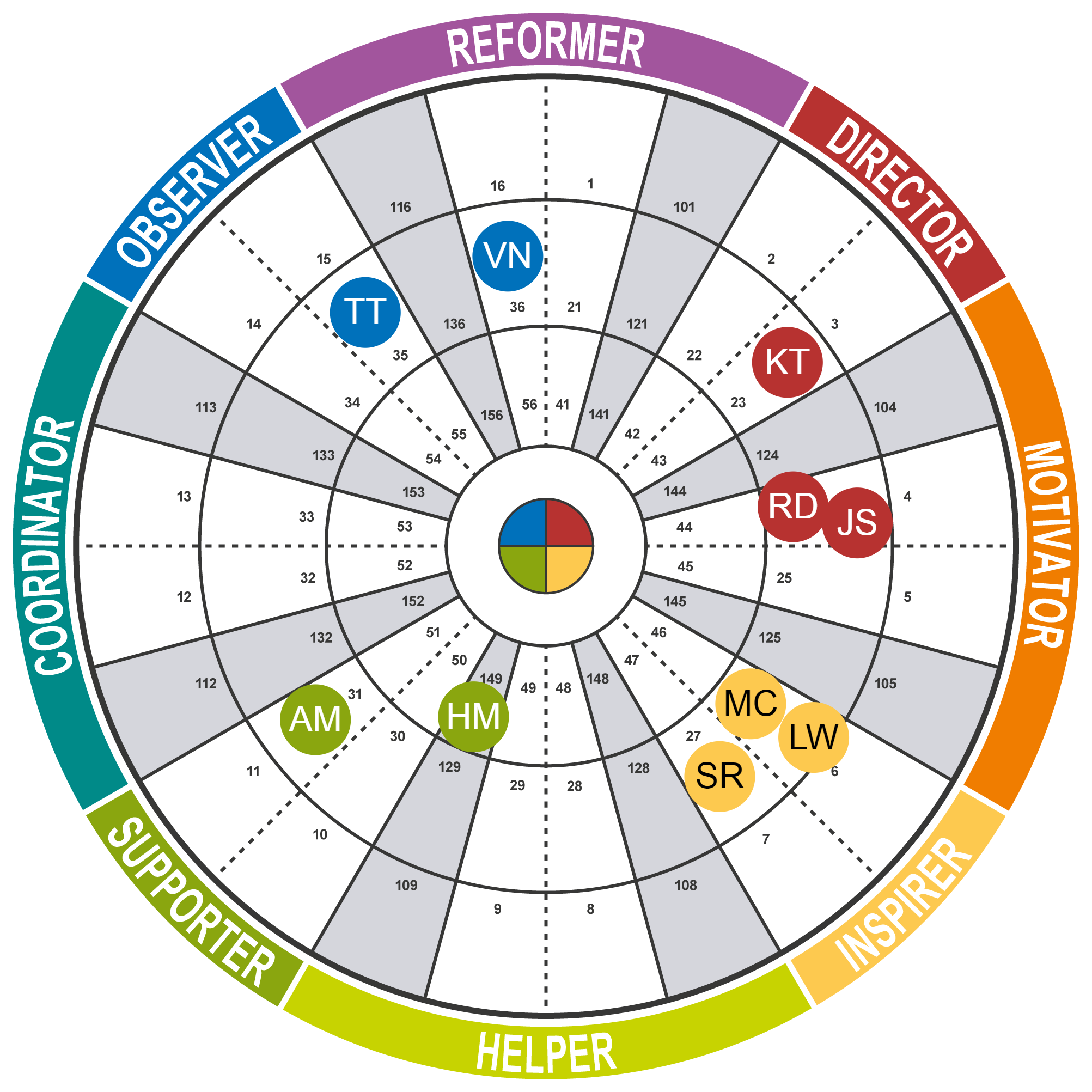Resilience test
The million-dollar question. What is resilience? Is it stoicism in the face of a changing world? Is it quietly sucking up monumental change without so much as a peep? Is it keeping on going even when you’re close to breaking point – or is resilience something different entirely?
We’ve all probably heard the term ‘resilience’ a lot over the past twelve months or so, but it’s worth examining it a little more closely, because it may mean something slightly different for all of us. If we start with the official definition, then resilience is specified as two things: the capacity to recover quickly from difficulties and the ability to spring back into shape. Those are two things, we imagine, that most of us will have had to draw on in this past year – and then some.
Understanding your own stress triggers and how you can better manage them using self-awareness

The world has changed – and it’s likely that you have too. But that doesn’t mean you can just jump into influencing your organisational culture straight from the off. Resilience functions best when you start with the most important part – yourself – and develop your personal coping strategy.
Next, it’s time to think about key learns and how you apply those. How can you create resilience in a team? How can you ensure you – and your team – are poised to take on the next big challenge? This is where we you can also tackle big topics such as growth mindset and psychological safety.
The final stage is about building a resilient workforce and really influencing change. How can you create a space where everyone feels safe, productive, motivated and – in turn – more resilient?

How have you adapted, stepped up and changed the past year? Rediscover who you are by retaking your Discovery profile now… [add more copy/context]
Insights Discovery